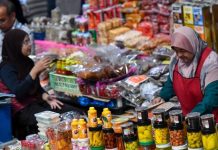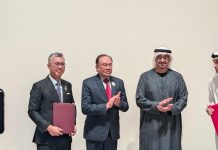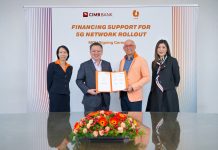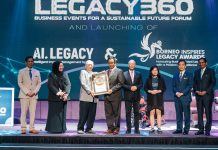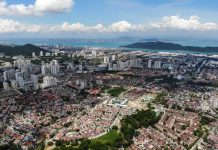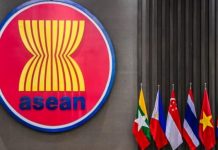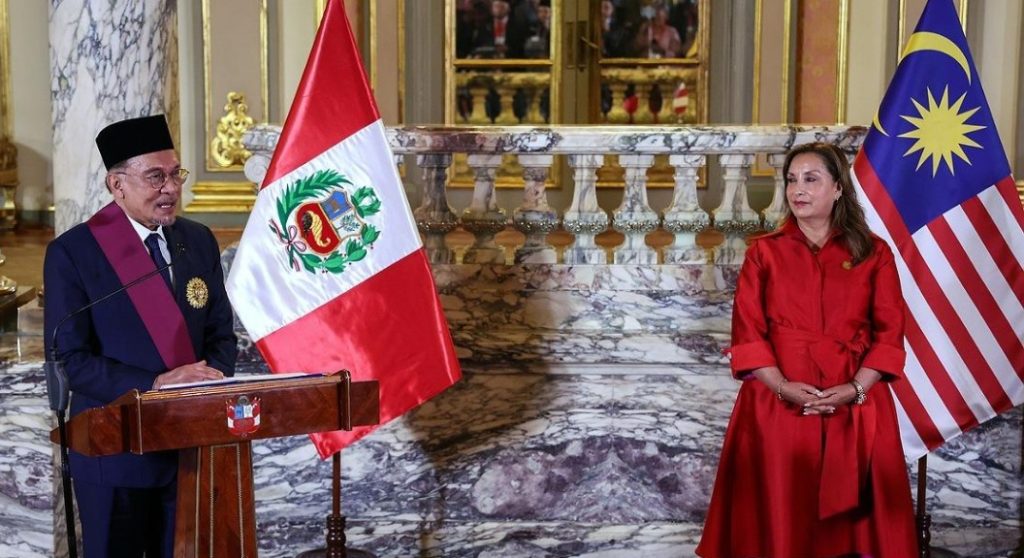
During an official visit to Peru, Prime Minister Datuk Seri Anwar Ibrahim stressed the importance of strengthening ties with the Global South, highlighting the vast untapped potential and emerging opportunities in that region.
“It’s crucial to shift course slightly and enhance collaboration with the Global South, tapping into the vast new potential and opportunities,” he said while participating in the APEC Economic Leaders Week (AELW).
Anwar said that historically, the focus has been on a narrow set of partners, but the changing global dynamics present a compelling case for broadening the horizons and diversifying alliances.
He reiterated that while the United States remains Malaysia’s top investors, Putrajaya also has strong trading partnerships with China and are collaborating effectively in multiple areas.
“We should not be dictated to by anyone. Instead, we must be guided by what is best for our country as determined by our own people. I believe Malaysia and Peru share the same perspective. We need to remain open and neutral. In ASEAN, we call it centrality,” he said.
Anwar pointed out that both countries share several major concerns as both countries are multiracial and are working to bring about change and transitions within their respective nations.
“Peru has policies on energy transition, environmental transition and multilateralism as well as investment, trade, governance and anti-corruption efforts. All these areas are critical and I express that now is the time to take concrete actions,” he added.
According to Anwar, some of the policies between Malaysia and Peru are encouraged as both countries are members of the Comprehensive and Progressive Agreement for Trans-Pacific Partnership (CPTPP).
At the same time, Anwar also launched Yinson Holdings Bhd’s Matarani Solar Park in Peru.
Yinson Renewables recently completed the acquisition of the 97MWp Matarani Solar Project in Peru from Grenergy Renewables, an international independent power producer, developer and engineering procurement and construction company with a strong track record in Latin America.
The project is located in the Mollendo desert in the Arequipa region, which is one of the world’s highest solar irradiation areas. Most of the project’s energy has been contracted through a power purchase agreements with a bankable off-taker for the next 15 years.
Project Matarani had also entered into a commercial operation to inject about 260GWh of renewable energy into the Peruvian grid annually, enough to satisfy the energy needs of about 62,000 Peruvian households and prevent the emission of more than 56,000 tonnes of carbon dioxide per year.
Additionally, Anwar expressed his hopes of Malaysia contributing to the infrastructure development in Chancay Port, located around 80km north of Peru’s capital, Lima, following a bilateral meeting with Peruvian President Dina Ercilla Boluarte Zegarra at the Government Palace.
The Malaysian government also envisioned the establishment of a halal ecosystem in Peru, positioning the country as a gateway for Malaysian products into Latin America by leveraging Chancay Port’s infrastructure.
According to reports, the US$3.5 billion complex is expected to become a major hub for trade between South America and China as it stands as Peru’s massive new Chinese-funded port.
Between Malaysia and Peru, the total trade from January to July 2024 stood at RM1.16 billion, which is an increase of 36.3% from RM847.7 million over the same period in 2023. Considering this, Anwar said that Malaysia is committed to strengthening bilateral and economic ties with Peru even further.
“My visit to Peru is testament to this. We had discussed at length various aspects of potential cooperation in trade and investment, infrastructure development, halal industry, agriculture, food security and people-to-people ties,” he continued.
Anwar and Dina Ercilia also witnessed the exchange of 3 memoranda of understanding (MOU), with one of them between the Halal Development Corporation (HDC) and the Peruvian Promotion Commission for Export and Tourism (PROMPERU).
The second MOU was on agriculture cooperation between the Malaysian Agriculture Research and Development Institute (MARDI) and the National Institute of Agricultural Innovation (INIA) while the third MOU was between Taylor’s University and the Tourism Training Centre of Peru (CENFOTUR) on cooperation in gastronomy.
“The MOUS reflect the commitment between various levels of stakeholders to strengthen cooperation between Malaysia and Peru. We are confident that once finalised, the MOUs will facilitate greater engagements between both countries,” Anwar said.














